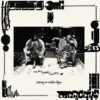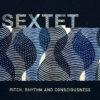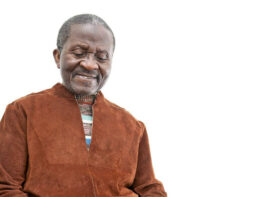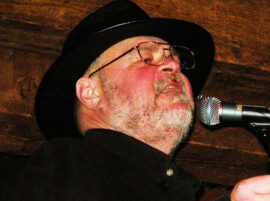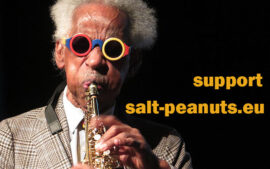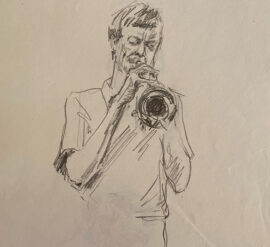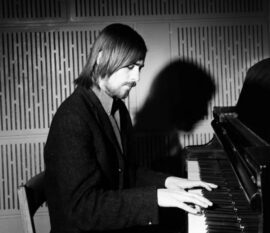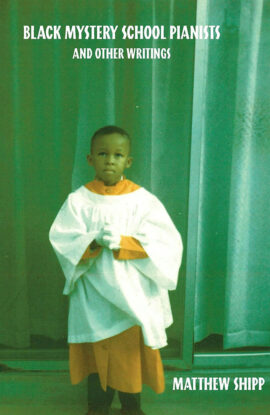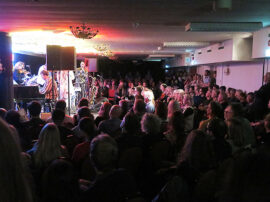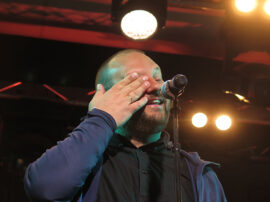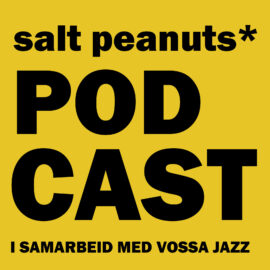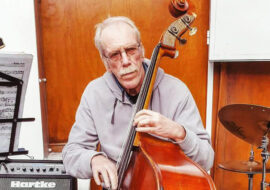
This duo of string instruments musicians German, Cologne-based guitarist Nicola L. Hein and Austrian, Vienna-based violinist Mia Zabelka focuses on free improvised settings. The duo also seek to expand their instruments sonic vocabularies through various extended techniques, pedals and devices, using inventive preparations and alternate tunings, some inspired by the Fluxus interdisciplinary art movement that also inspired seminal improvisers as Peter Brötzmann and Han Bennink.
The duo debut album borrows its title from an influential installation work of German Fluxus artist Joseph Beuys, «Honigpumpen am Arbeitsplatz» (Honeypump in the Workplace), first presented at the Documenta 6, 1977 In Kassel. This work embodied Beuys utopian theory of «social sculpture», based on the concept that everything is art and every aspect of life could be approached creatively and, as a result, everyone has the potential to be an artist. Following Beuys, Hein and Zabelka understand their musical practice as a forum for an open aesthetic discussion that ultimately aims at stimulating the creative and plastic forces in society.
The five improvisations – recorded in Vienna on March 2016 – demonstrate how the duo artistic vision is translated into challenging sonic manifestations. «Denkmäler» offers a sparse, atmospheric soundscape, based on reserved and disciplined, resonanting-conversational interplay. The 15-minutes of «Block» begins with nervous scratching of both instruments strings, later transformed into a dense, distorted and chaotic interplay, still, somehow even playful with its intense and brutal sonic collisions, blurring any possibility to know which instrument is the source of any sound at any given moment. On «Schlafstück» Hein and Zabelka blend vibrating, resonating sounds in some kind of a quiet yet disturbing ritual. The homage to Beuys, «Honigpumpen An Arbeitsplätzen», suggests series of restless-tortured, industrial sounds that methodically gain more volume and power. The last «Gebt uns Honig» stresses the deep affinity between Hein and Zabelka as both sketch a mysterious and haunting, minimalist soundscape, where sudden silences and noises play an integral part.
Highly creative but not to the faint of heart.
Eyal Hareuveni
Mia Zabelka (vio), Nicola L. Hein (g)







